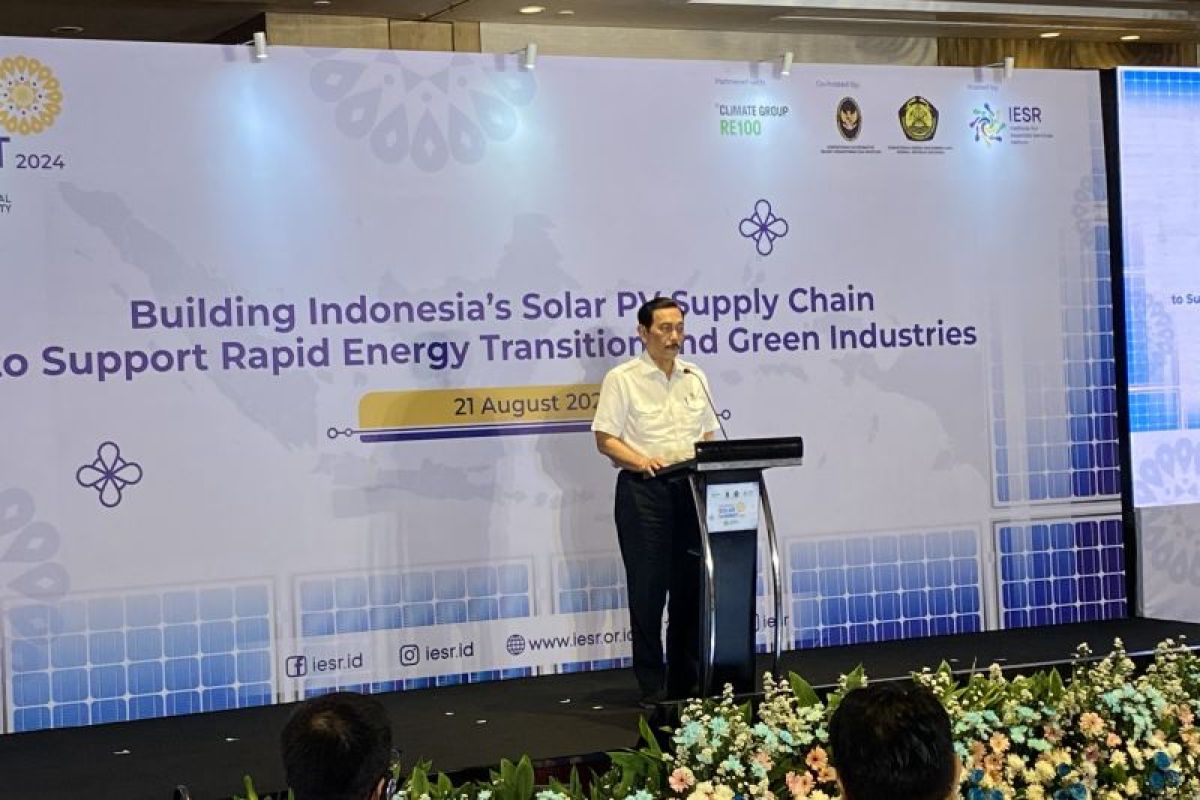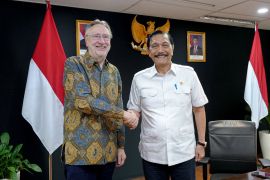According to the minister, the construction of a genome research center aims to develop various types of food crops, such as potatoes, garlic, shallots, and chilies with superior quality.
Pandjaitan emphasized that this effort was also made to face the ongoing geopolitical instability and climate change.
"In the next two to three years, we can see the superior seeds of potatoes, onions, chilies, and others," Pandjaitan remarked at the 2024 Indonesia Solar Summit in Jakarta on Wednesday.
He noted that the TSTH2, located in Humbang Hasundutan District, North Sumatra, was built in 2021 and is managed by the Del Institute of Technology.
Apart from creating superior horticultural plant seeds, the minister said TSTH2 will be used as a laboratory for developing herbal plants.
For its development, the TSTH2 is collaborating with the Beijing Genomic Institute. Pandjaitan remarked that China has succeeded in producing its herbal medicines from rare plants.
At a coordination meeting on regional inflation control with the Ministry of Home Affairs on August 5, he stated that herbal plants from various rare Indonesian plants will be planted on five hectares of land as an initial stage.
According to the minister, TSTH2 will accommodate the development of herbal plants using genomic technology, or genetic engineering, to produce herbal medicines according to standards.
Based on data from the Research on Medicinal Plants and Herbal Medicine by the Ministry of Health, some 32,013 traditional herbal remedies and 2,848 plant species have been identified as traditional medicinal plants.
Pandjaitan stated that currently, the construction of TSTH2 is entering phase 2 and is scheduled for inauguration in September.
Related news: Bali to build Turyapada Tower technology park this year
Related news: IPB University supportive of endeavors to boost capacity of farmers
Translator: Shofi Ayudiana, Resinta Sulistiyandari
Editor: Rahmad Nasution
Copyright © ANTARA 2024












